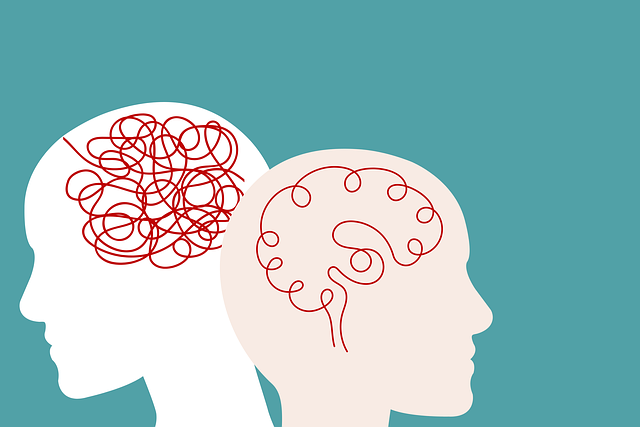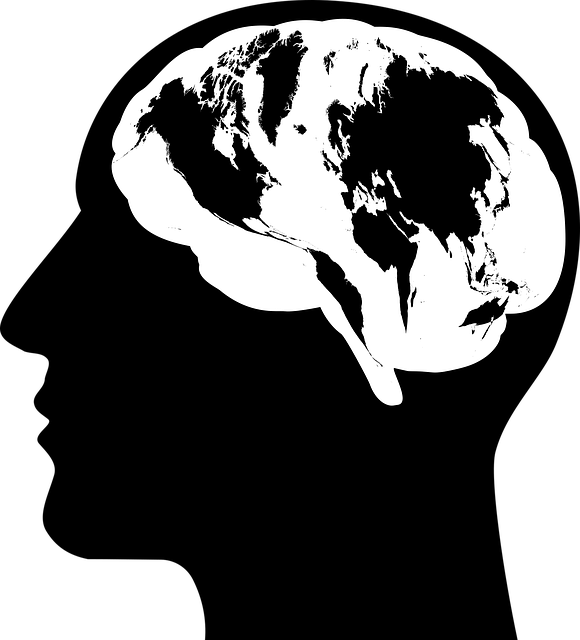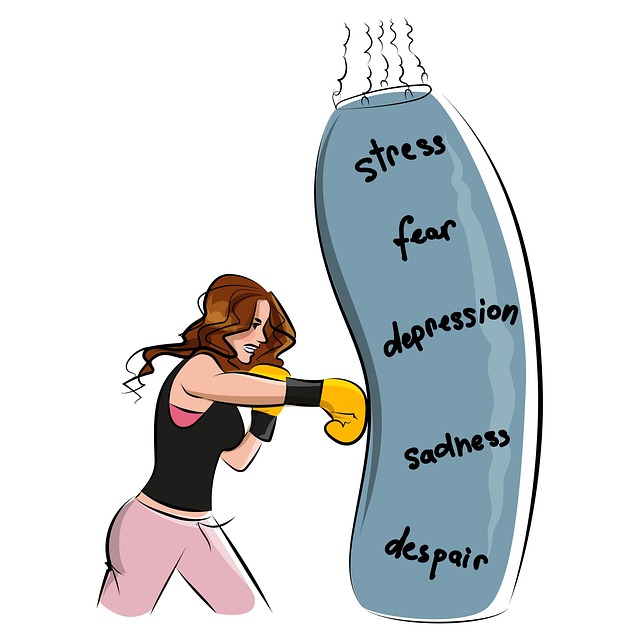Resilience is crucial for facing life's challenges, and Boulder EMDR Certified Therapy offers a structured approach through its Resourceful Facilitation Method (RFM). RFM empowers individuals by teaching them to recognize and utilize their strengths, boosting self-esteem, stress management skills, and emotional regulation in high-pressure healthcare environments. Combining EMDR with other evidence-based practices, this holistic method addresses traumatic memories while fostering personal growth and building resilience to overcome adversity with grace and ease.
In today’s fast-paced world, building resilience is paramount for mental well-being. One effective framework gaining traction is RFM (Resilience, Flexibility, and Mastery), which prepares individuals to navigate life’s challenges. This article explores the significance of RFM in fostering resilience and delves into practical exercises for its implementation. We also examine the impact of Boulder EMDR Certified Therapy, a game-changer in mental health treatment, on enhancing overall well-being through the lens of RFM principles.
- Understanding RFM and Its Role in Resilience Building
- Implementing Exercises for Effective RFM Certification
- The Impact of Boulder EMDR Certified Therapy on Mental Well-being
Understanding RFM and Its Role in Resilience Building

Resilience is a crucial asset for individuals to navigate life’s challenges and maintain overall well-being. This is where RFM (Resourceful Facilitation Method) comes into play, offering a structured approach to enhance resilience. Developed by Boulder EMDR Certified Therapy experts, RFM focuses on cultivating personal resources and adaptive coping strategies. By teaching individuals to identify and leverage their strengths, this method empowers them to face adversity head-on.
In the context of healthcare, where Burnout Prevention Strategies for Healthcare Providers are essential, RFM can be a game-changer. It helps medical professionals enhance their self-esteem and improve stress management skills, ensuring they remain resilient in high-pressure environments. Through RFM’s practical exercises, healthcare providers can develop a more adaptive mindset, fostering better emotional regulation and overall mental fortitude.
Implementing Exercises for Effective RFM Certification

Implementing Exercises for Effective RFM Certification involves a strategic blend of various therapeutic techniques and resilience-building activities. Among these, Eye Movement Desensitization and Reprocessing (EMDR) Certified Therapy stands out as a powerful tool in helping individuals process traumatic memories and develop coping mechanisms. By combining EMDR with other evidence-based practices, therapists can create a holistic approach tailored to each client’s unique needs.
For optimal results, exercises should be designed to foster conflict resolution techniques, promote mental health awareness, and strengthen the individual’s ability to navigate challenging situations. Community Outreach Program Implementation can further enhance this process by connecting clients with support networks, fostering a sense of belonging, and encouraging open dialogue about resilience-building experiences. These comprehensive strategies not only facilitate personal growth but also contribute to the broader goal of cultivating a resilient mindset, enabling individuals to thrive despite adversity.
The Impact of Boulder EMDR Certified Therapy on Mental Well-being

Boulder EMDR Certified Therapy offers a transformative approach to mental well-being, focusing on resolving traumatic experiences and enhancing emotional resilience. This evidence-based method utilizes eye movement desensitization and reprocessing (EMDR) techniques to help individuals process and heal from past traumas, which are often at the root of many mental health challenges. By combining this specialized therapy with a holistic self-care routine development for better mental health, clients can experience profound improvements in their overall well-being.
The impact is multifaceted; it not only provides trauma support services by desensitizing individuals to distressing memories but also fosters compassion cultivation practices that promote self-compassion and emotional regulation. This dual approach encourages a deeper sense of safety and resilience, enabling clients to navigate life’s challenges with greater ease and grace.
Boulder EMDR Certified Therapy, with its robust framework, plays a pivotal role in enhancing mental well-being. By integrating RFM (Resilience, Flexibility, and Mastery) principles into therapeutic exercises, practitioners can effectively support individuals in building resilience. This article has explored the importance of RFM in resilience building and demonstrated how structured exercises contribute to successful certification. Through these practices, therapists enable clients to navigate life’s challenges with greater ease, fostering a sense of empowerment and overall mental wellness.














